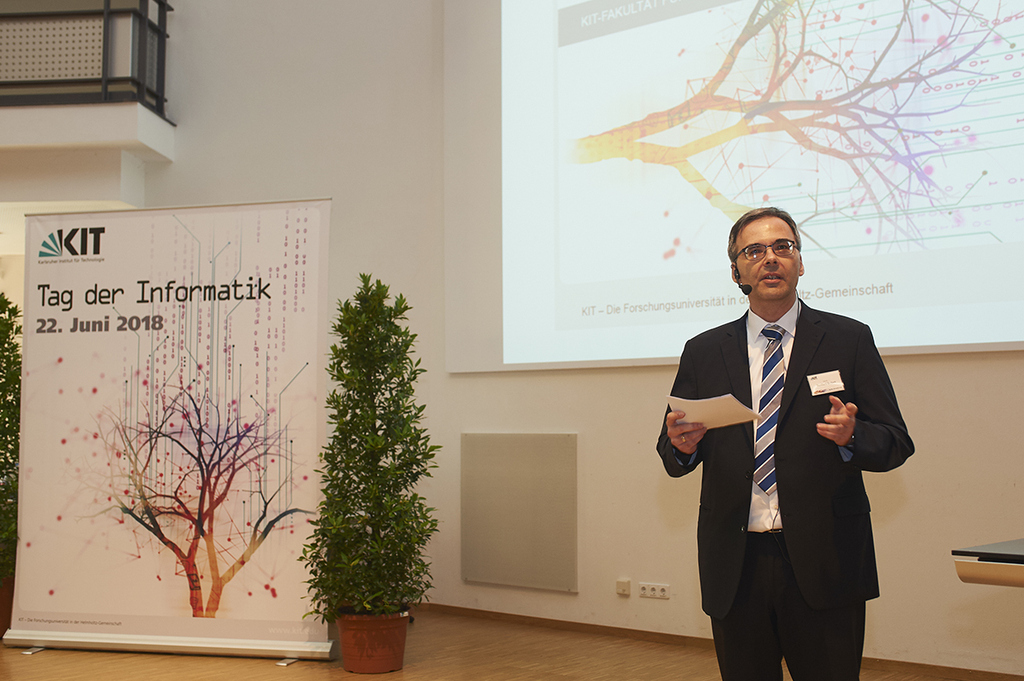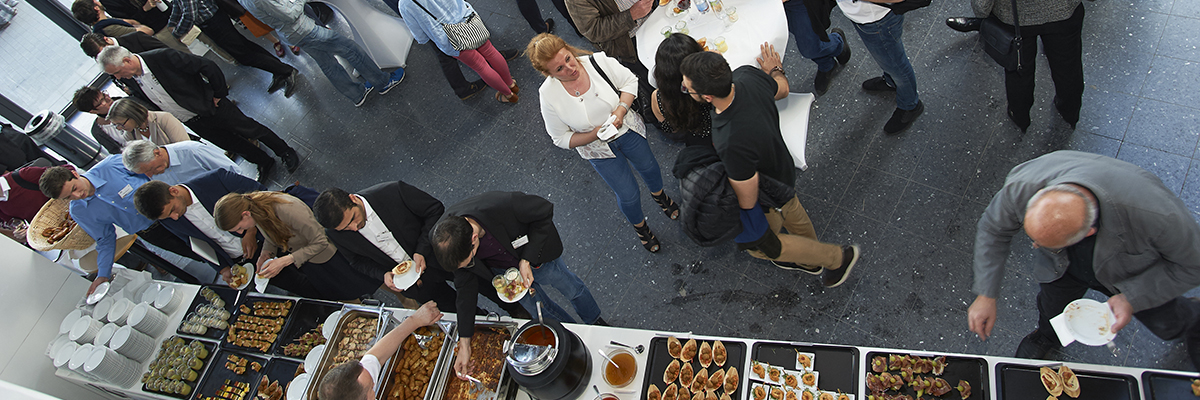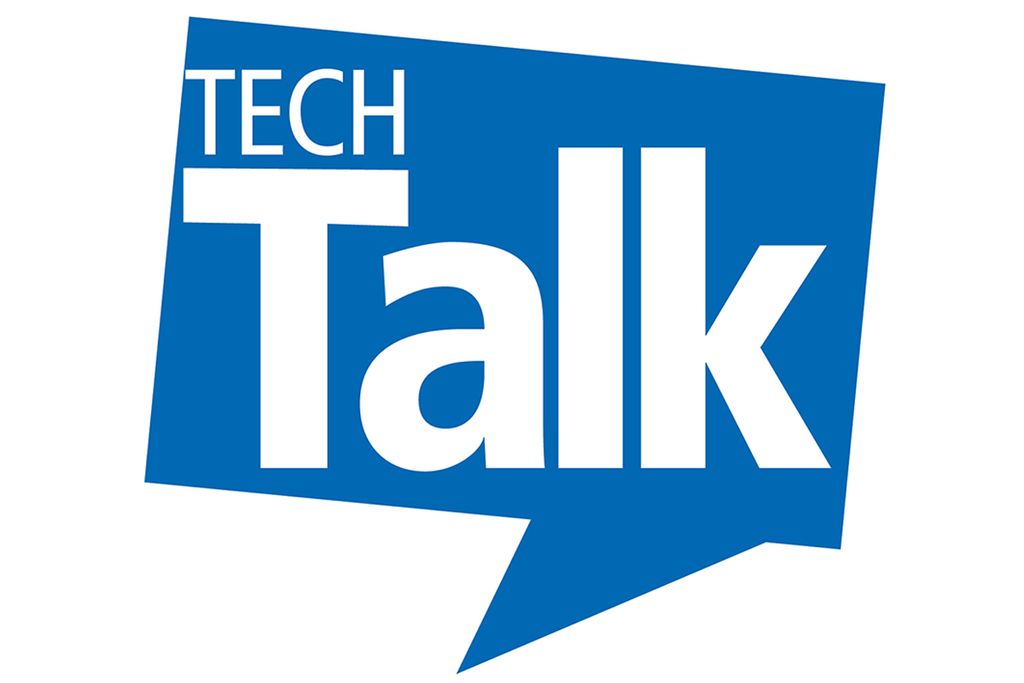Events
TechTalk mit ABB

Machine Learning Leverages Industrial Operation - Opportunities, Good Practices, and Challenges
Today’s industrial production is nearly fully automized – examples last from the opening and closing of valves in process plants to robot’s motion in an automotive factory. However, automation may benefit from additional flexibility in terms of production variance for dynamic response to current demand. Furthermore, automation may in the future also be more robust against unforeseen events and break-downs.
Manufacturing processes of tomorrow – flexible, efficient, autonomous – cannot be realized purely by traditional automation approaches. Machine learning and industrial AI are key ingredients to realize the production of tomorrow – from scheduling what to produce, over adaption to individualized products, to fully autonomous operation in the future – with specific requirements, which prevent us from directly applying consumer ML methods out of the box.
In the first half of the tech talk , we will present ABB’s four-step process for co-innovation of industrial AI solutions, which helps to manage the multidisciplinary nature of machine learning development projects. Along these four steps, we will present lessons learned, identified good practices and remaining challenges, like out-of-distribution detection, small data machine learning as well as combination of expert knowledge and machine learning.
In the second half of the talk, we will present technical details and results from a recently finished industrial research project on applying machine learning to industrial robotics.
Der TechTalk findet virtuell im Live-Stream über MS Teams statt.
Nuo Li, Benedikt Schmidt
Fakultät für Informatik
Karlsruher Institut für Technologie (KIT)
Am Fasanengarten 5
76131 Karlsruhe
Tel: 0721 / 608-48660
Fax: 0721 / 608-41777
Mail: pr ∂does-not-exist.informatik kit edu
https://www.informatik.kit.edu



